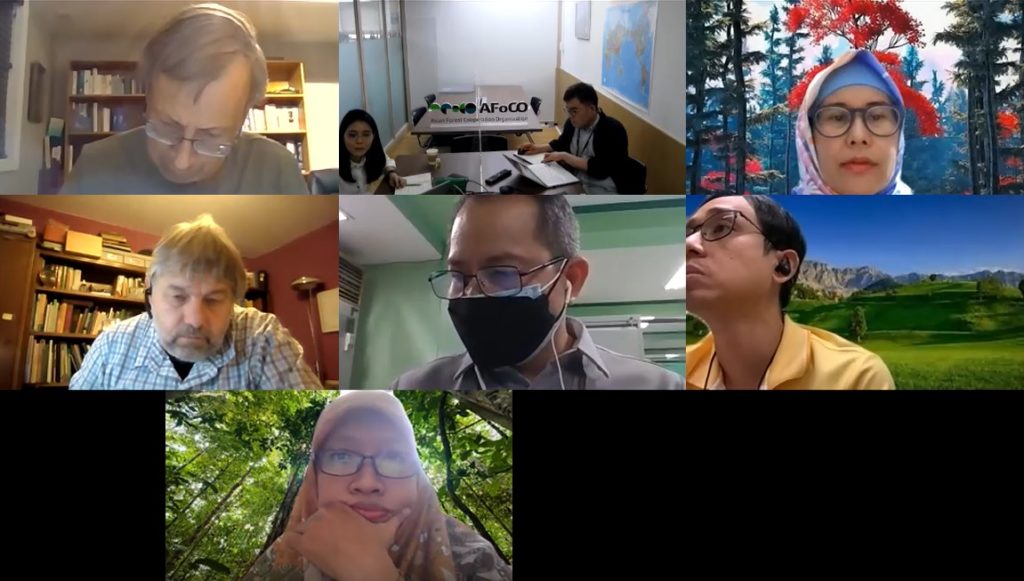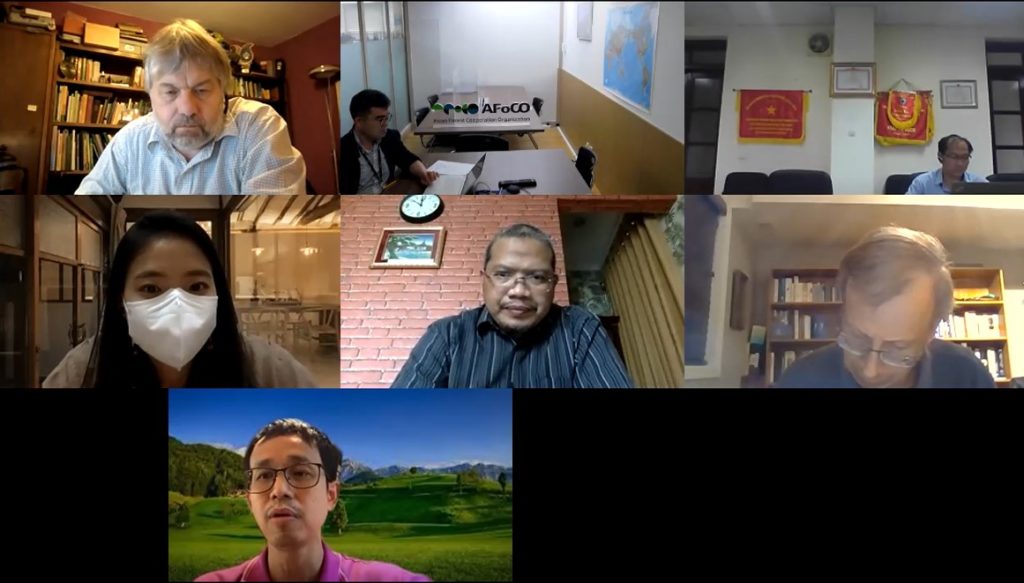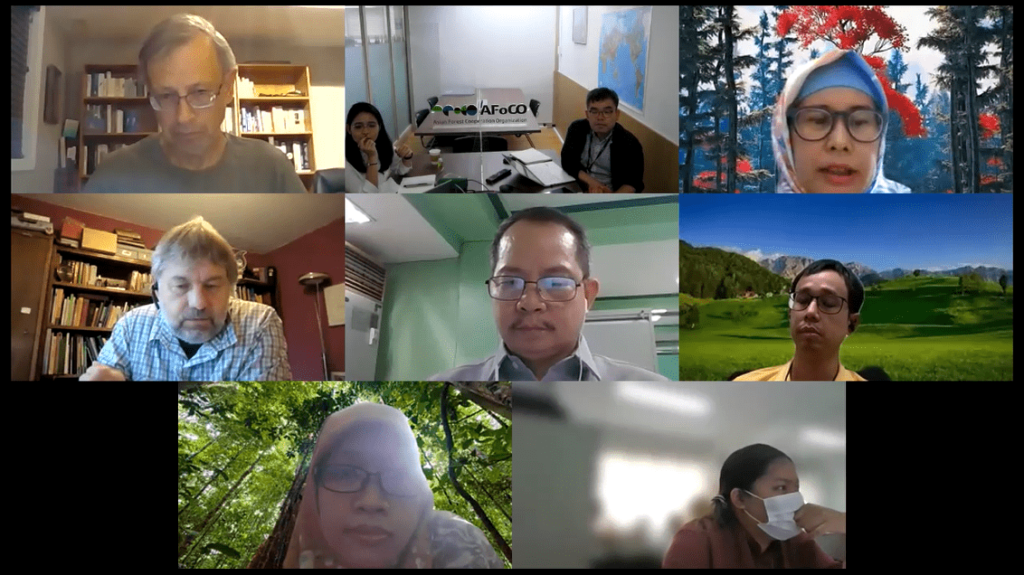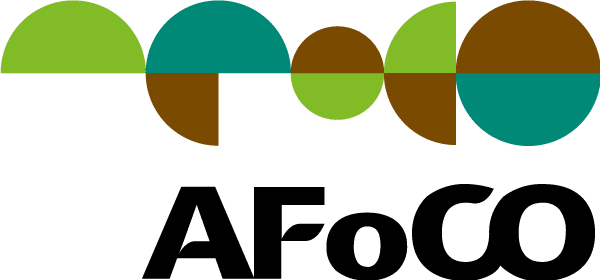The Secretariat has been working on Project Impacts and Best Practices of the 6 Completed Projects and 1 ongoing project with Professor Jurgen Blaser at Bern University of Applied Sciences in Switzerland and Dr. Ian Thompson. Consistent with the agreed Terms of Reference (ToR) and general evaluation procedures, the initial findings emanating from the deskwork assessment were subjected to a series of online validation interviews between the consultants and project stakeholders from September 11 to 15. Despite the fact that some of the projects had ended some time ago, all participants not only actively participated, but also provided further in-depth knowledge, analysis, and recommendations on the initial findings of the report.
During the validation interview sessions, the two consultants briefly outlined and explained the initial findings of the assessment and examination of the 7 projects and asked the following general questions:
- Does the report reflect your understanding of how your particular project was delivered?
- What could/would you have done differently if you had the opportunity to redo the project?
- What were the main problems that you encountered, and how did you overcome these problems?
- Considering the project objectives, was the project budget amount appropriate? Were the costs of each activity suitably allocated?
- Have there been policy-level impacts, or are there likely to be in future? Can you describe such policy-level impacts further?
- Have there been, or will there be, financial returns to the community or country as a result of this project? Are these returns sustainable?
- Do you believe that the positive impacts of the project will continue now that the AFoCO funding has ended (or will end)?
- What was innovative about the project – either in terms of delivery or in terms of outcomes?
- How has the project delivered on its social commitments? In what ways have local communities benefitted during and after the project?
- What impacts has the project had on forest ecosystems and biodiversity?
- Was climate adaptation or mitigation specifically a consideration in the project planning and implementation?
- What are the key lessons that you have learned from this project?
This was followed by a set of questions that were specific to the project, which was also answered and covered by the stakeholders who were directly involved in the projects with in-depth knowledge and first-hand experience. The validation interviews mainly confirmed how committed and hard-working the project managers and personnel has been involved in the projects, and the level of solidarity between the Secretariat and member countries, based on the information and opinions that were critical to validate the findings of the assessment and to ensure that the findings were accountable. The interviews also provided an important basis for improvement in future projects especially in coordination techniques between countries, the level of impact of the projects on future national policy trajectories in each country, administrative procedures and circumstances that need to be considered beforehand, financial management, and engagement with the community and individual stakeholders at the grass-roots level. Upon the submission of the final report, which will incorporate the interview results, the “Project Impact and Best Practices” is due to be published, in which case it is expected to successfully showcase the above findings in due course.



Submitted by Cha Jiyea, Team Assistant

